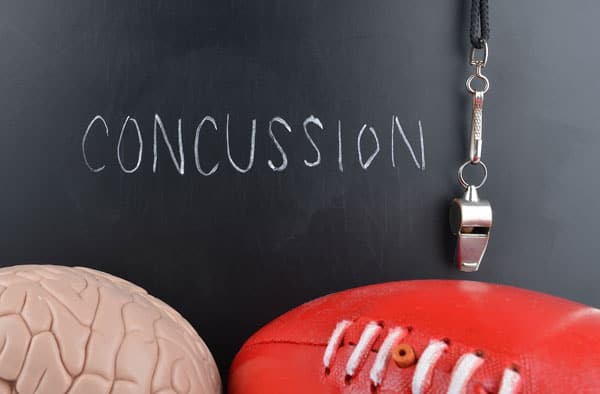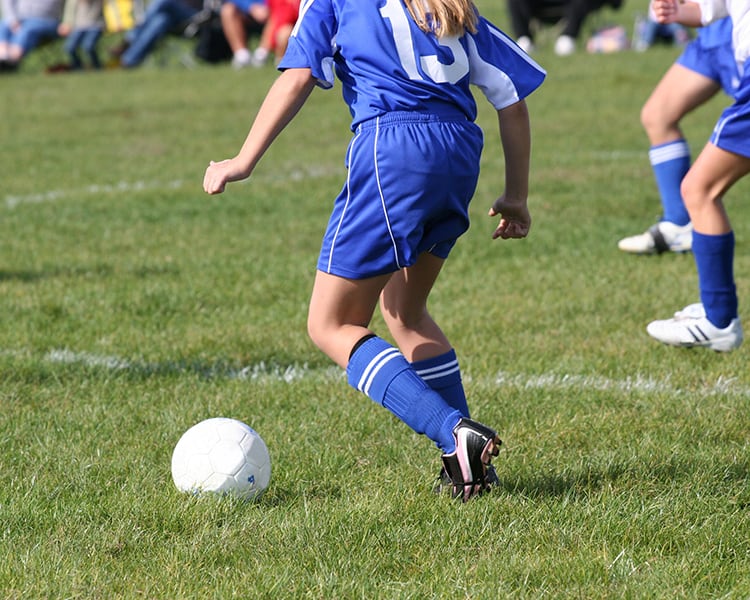Traumatic Brain Injury
Resource Categories
-

Updates from Concussion in Sport Group International Conference
Mild Exercise and Screen Rest Recommended The United States Centers for Disease Control estimates that as many as 10% of athletes will experience a concussion during any given sports season. Many of these go unreported…
-

Mild Traumatic Brain Injuries and ER Visits
Jane Crenshaw[1] suffered life-altering spinal cord injuries at a local ski resort. When she was admitted to a nearby Level 1 Trauma Center for treatment, however, the focus was not on whether she had suffered…
-

New Zealand Study Examines Effects of Concussion 4 Years Post-Injury
For the hundreds of thousands of individuals[1] who suffer from concussion (also called traumatic brain injury) per year, a common question is what the long term effects are from such an injury. Understanding this could…
-

The Increase of Concussions Among Young Female Athletes
Most people are now familiar with concussion risks and football, thanks in large part to awareness stemming from Washington’s first-in-the-nation legislation (The Zackery Lystedt Law[1]) aimed at preventing preventable brain injuries, as well as national…
-

New Studies Link Physical Exercise with Neuroplasticity
“They thought that the brain was too sophisticated for its own good. That during evolution it became so complex that it lost the ability to repair itself and to restore lost functions or to preserve…
-

Traumatic Brain Injury and Accelerated Bone Healing
Every year, traumatic brain injury (TBI) contributes to a substantial number of deaths and permanent disability. Often, a traumatic brain injury does not occur in isolation to other traumatic injuries to other parts of the…
-

Head Trauma, Inner Ear and the Perilymph Fistula
Dizziness, vertigo, tinnitus or hearing loss can result from traumatic brain injury or head trauma, neck, temporomandibular joint or inner ear. These symptoms of pain or dysfunction can result from the acceleration-deceleration motion of a…
-

Driving after Traumatic Brain Injury
Driving is a freedom that many of us take for granted, but it can be an integral part of an individual’s sense of autonomy and independence. Survivors of traumatic brain injury (TBI) are no different;…
-

Major Depressive Disorder Following Traumatic Brain Injury
Traumatic Brain Injury (TBI) is a truly unique medical condition, with a varying host of potentially significant complications that can affect cognition, motor function, behavior, and emotion. Due to the invisible nature of the injury,…
-

Collisions and the High Incidence of Childhood Traumatic Brain Injury
In the United States, childhood motor vehicle traffic–related death rates have declined 41% in the last 10 years. However, these deaths remain the leading cause of unintentional injury death in age groups 5–19 years, accounting…